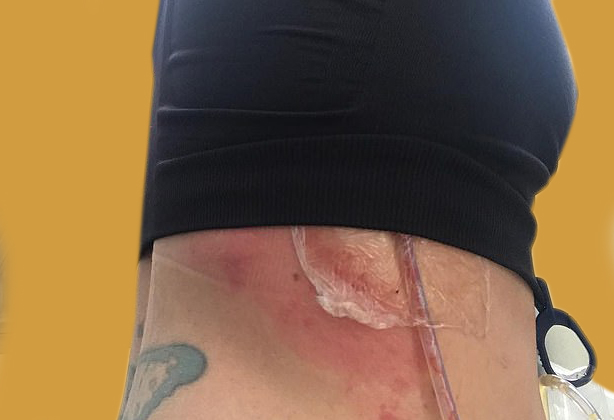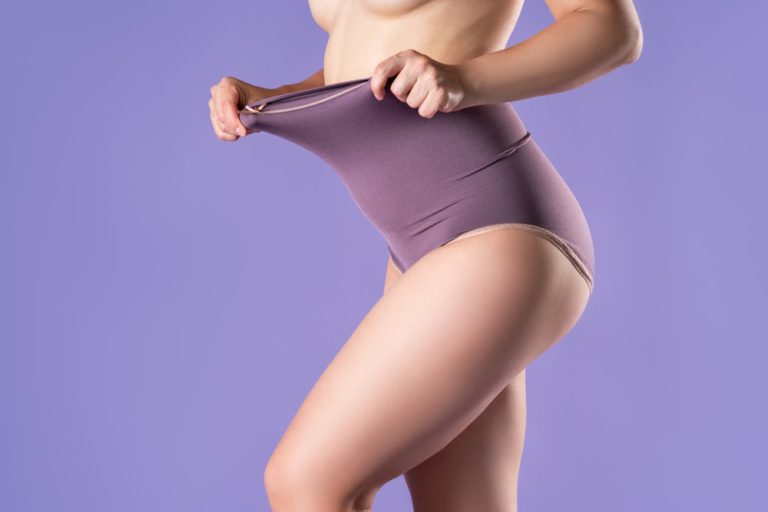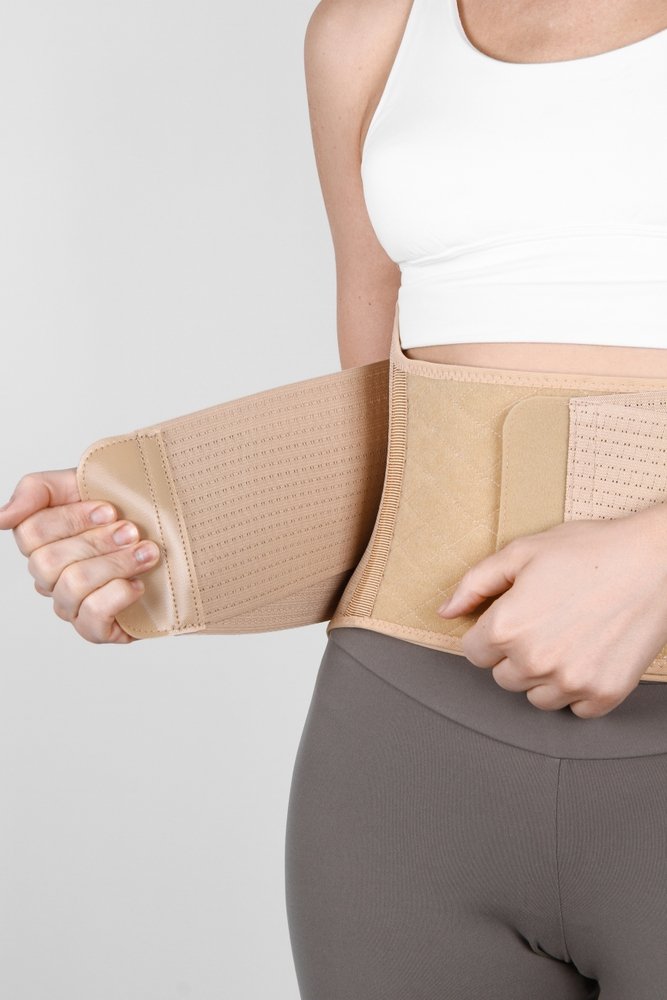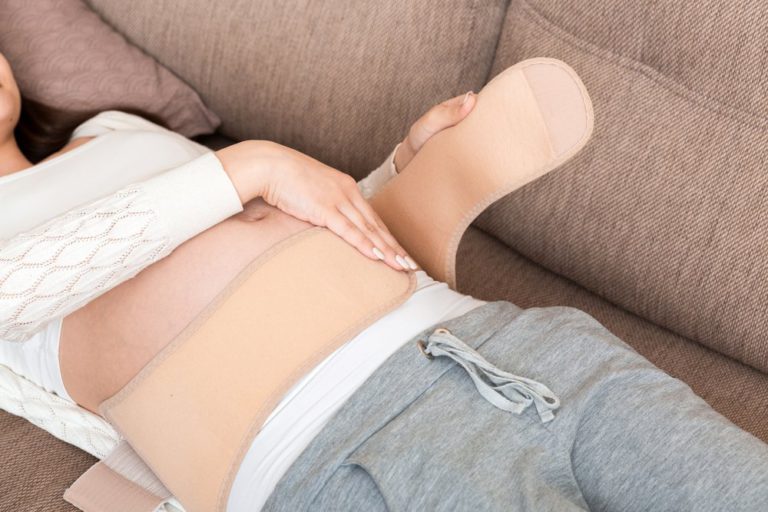Breast augmentation is a beneficial surgery to increase breast size and shape. Breast Augmentation Miami is a sophisticated procedure that requires the surgeon to place implants under the tissues or muscles.
Most women find it a highly reliable procedure to improve their breasts’ appearance, feel confident, and boost their self-esteem. In addition, you can undergo breast augmentation if you think your breasts are small, not aligned properly, or impact your dressing.
Although breast augmentation is an effective and reliable cosmetic procedure, it comes with a few side effects, such as skin irritation. Today’s article will discuss why skin irritation occurs after breast augmentation and how to deal with it effectively. Read on!
Reasons for Itching Sensation on Your Breasts after breast augmentation
Research shows that most women feel itchiness and discomfort during the rehabilitation period. Although it is normal to feel irritation and itchiness after surgery, it is crucial to consult your doctor for appropriate treatment.
The condition is caused by histamines released during the recovery period, leading to nerve sensations in the breast tissues. We recommend discussing your symptoms with your surgeon in Miami to seek prevention or healing strategies.
Most patients do not consult their health providers and rely on antihistamines to relieve itchiness and irritation. Bear in mind that antihistamines can cause other complications, such as allergic reactions, because the nerve fibers have itchy and painful sensations.
Stretching of skin and other sensory changes in your body can also cause irritation. Sometimes, the itchiness or irritation becomes unbearable, causing extreme discomfort and pain. That’s why it is crucial to discuss your symptoms with your health provider to resolve the issue immediately.
Wearing a bra during the recovery period is beneficial for keeping your implants undisturbed. However, it can cause irritation. Other causes of itchy and irritable sensations are postoperative adhesive and dressings, pain relievers, and antibiotics.
How long is skin sensitive after breast augmentation?
Although the surgical methods used in breast augmentation have been transformed and streamlined over the years to provide women with natural-looking results, the procedure can cause adverse postoperative effects.
In addition, most patients experience changes in their upper body, particularly the skin tissues, with slight or extreme sensation. Sometimes, the sensations also affect one or both nipples.
The numbness and hypersensitivity in the skin and nipples can cause discomfort. The good news is that the sensitivity of your breasts after the procedure is not permanent. It fades away within two to four months, depending on the insertion of implants and their locations.
Why does my skin burn after breast augmentation?
The primary reason for burning sensations is a ruptured or damaged implant. A ruptured implant can also change your breast appearance. Remember, this usually occurs when you fail to follow your surgeon’s guidelines during the rehabilitation period.
In addition, studies show that silicone implants are the culprit behind painful feelings and burning sensations. On the other hand, saline implants can cause sudden changes in breast size.
Mammograms are a medical diagnostic test that can create holes or cracks in the implant’s outer material. So, this is another cause of burning sensations in your breast. Moreover, an older or low-quality implant is more prone to damage, causing excessive breast discomfort and burning.
How do you know if your body is rejecting breast implants?
Your body rejects breast implants when there are infections in the chest area. Infection prevention is essential if you want to achieve your goals. Whether textured, smooth, round, or any other implant type, you must keep the surgical site clean to prevent bacteria from penetrating the breast.
Remember, if you experience excessive bruising, bleeding, necrosis, blood clots, slower wound healing, implant rupture, deflation, changes in breast volume and shape, it means your body is rejecting the implants.
Moreover, breast tissue thinning, calcium deposits, asymmetry, dropping out of the implant, and nipple discharge also indicate your body does not align with the implants. In that case, you should consult your Miami surgeon immediately and seek proper advice.
Final Words
Experts recommend closely monitoring your breasts during the rehabilitation period to prevent or reduce the risk of infections and implant rupture. Always follow your health provider’s postoperative instructions to avoid infections and other complications. Call us today for more info on Breast Augmentation Miami.









